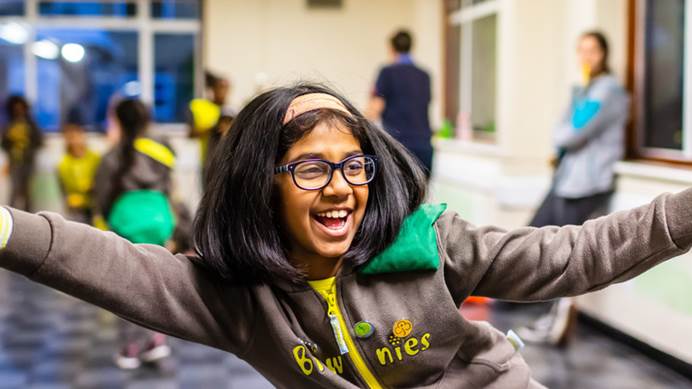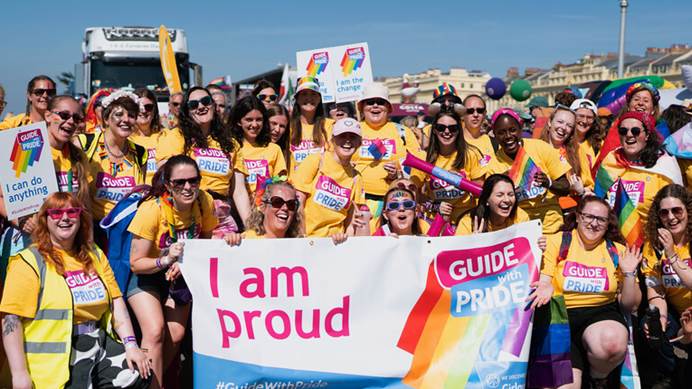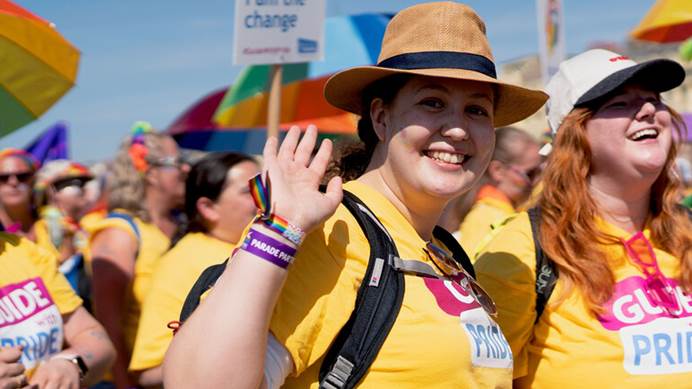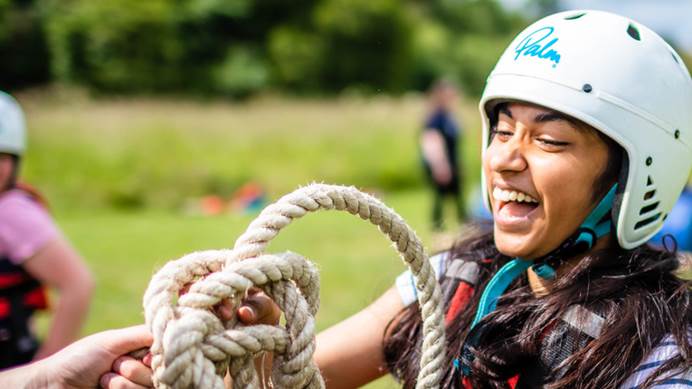What are microaggressions and how can you avoid them?
Although they might be small and unintentional, they can still cause harm
Girlguiding volunteer Melanie Turland writes about her own experience with microaggressions and why it’s important we talk about them in guiding.
A bit about me
I was born in Papua New Guinea and have resided in the UK since I was two. I identify as mixed-raced and have a parent who is Black and a parent who is white. I have personally experienced and witnessed (towards my family members and friends) many forms of racism and microaggressions. And like most of us, I have accidentally said and done things that are microaggressions throughout my life. This blog will provide some examples of what microaggressions are, and how to act if you unintentionally upset someone.
But, I would also like to add that I can’t speak on behalf of all people of colour and that each individual will have their own personal experiences. And they're entitled to express their own thoughts and feelings on anything relating to race and racism and shouldn’t be silenced or invalidated in doing so.
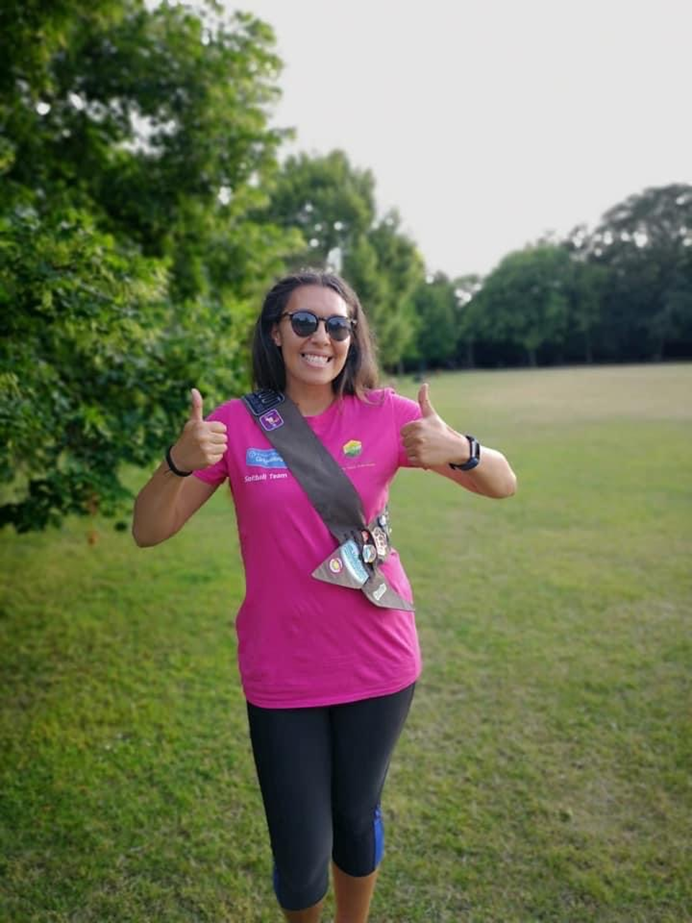
Where are you from? But where are you really from?
As a person of colour, someone asking questions like 'Where are you from?' can be anxiety-inducing. Particularly at times when racism has been spotlighted in the media and you might already feel like your chances of being targeted for abuse because of the colour of your skin are considerably higher. Sometimes it’s difficult to know what the intention of such a simple question or comment is. I find myself thinking, do they mean where am I from in the UK? Or is this a coded question really meaning, 'Why do you have brown skin and curly hair?'.
I can already hear people’s reactions to this. 'But how do you find out information about someone if you can’t ask them questions?' 'It’s polite to ask people where they’re from and make conversation - I do it to everyone not just someone that doesn’t look like me.' 'It’s just an innocent question!' And I’m not denying that most people aren’t consciously being offensive.
But, before you go directly asking for information from someone about an obvious part of their identity, pause for a second and ask yourself a couple of questions.
- Have they invited me to speak to them about where in the UK they’re from/ what their ethnic heritage is? (for example, they’ve voluntarily offered some information already).
- Why am I asking a person this question, and why do I need to know this information about them?
Something as seemingly innocent as a question highlighting why a person is different to you can be a microaggression.
What is a microaggression?
A microaggression is a subtle but offensive comment or action directed at a member of a marginalised group, especially a racial minority. It is often unintentionally offensive or unconsciously reinforces a stereotype. For example, 'I don't see you as Black.'
Microaggressions can come in a variety of forms, but they can include things like:
- Backhanded compliments. Saying things like, 'You’re very articulate for a person from [insert race, ethnicity, country or culture here]'.
- Physically touching. Asking to touch or physically touching another person’s hair, skin, jewellery or clothing that is linked to someone’s ethnic or cultural heritage.
- Stereotyping. Making assumptions about a person based on biases that could be related to performance, diet, attitudes, music and pretty much anything.
- Making someone feel invisible. This can be something like continuously pronouncing someone’s name wrong or choosing to give them a nickname if you don’t know how to pronounce their name. Or just ignoring them all together.
- Making uninvited comments. Making negative comments about a person’s choice of food, dress sense, physical appearance or the place or country they’re from.
Put bluntly, you’re excluding or rejecting someone based on a part of their identity at such a micro-level that it can easily be masked as a throwaway comment, banter or being inquisitive. But if a person has been asked their whole life about why they’re ‘different’ from most people around them, it can gradually wear them down and cement into their every being that they are different. No matter how polite, well intentioned and inoffensive you think you’re being towards them.
How to avoid microagressions
1) Think first
Being aware of what microaggressions are and having some empathy and understanding for a person receiving them is a good start and will probably be the best way to avoid doing them.
You’re not going to know what is offensive to everyone and that’s okay. Everyone isn’t going to know what’s offensive to you either. But be mindful of what you’re saying, the weight it might have behind it and how it can be received.
2) Do your research
Even if in your mind you’re being complimentary, consider the history behind your words and actions. For example, did you know that in the early 1900s human petting zoos existed? These consisted of people of colour being showcased because they looked ‘different’ and ‘exotic’. There are painful ancestry roots that have caused people of colour to be systemically discriminated against. They don’t need to be reminded of them by a person thinking they have good intentions.
3) Don’t be afraid of criticism
If someone does call you out on something you’ve said, simply apologise. Even if your intentions were good, try not to explain yourself too much. Acknowledging that the impact of what you’ve said is far more important than your original intent is a great way to show the other person that you respect their feelings. Acting like the victim in this type of situation will take the focus away from the hurt the other person is feeling, and is a form of gaslighting. To make someone feel safe, you need to acknowledge that you’ve crossed a boundary and reassure them it won’t happen again.
